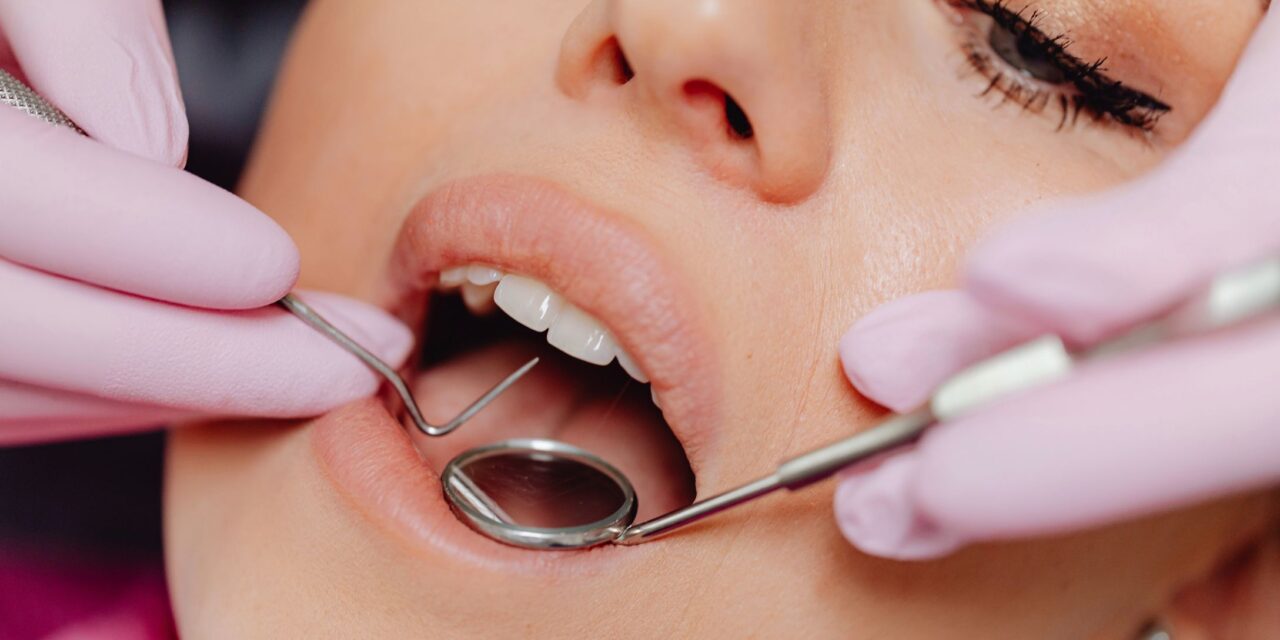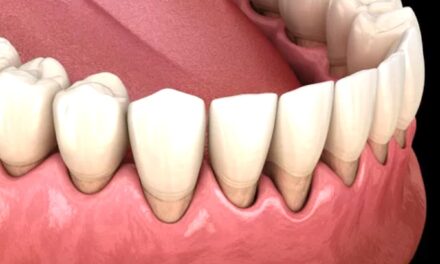Dental caries, commonly known as tooth decay or cavities, is a bacterial infection that damages the hard tissues of the teeth. These tissues including the enamel, dentin, and cementum. If left untreated, the caries can lead to pain, tooth loss, and other serious dental complications.
What are Dental Caries?
This condition is the destruction of the hard tissues of the teeth due to bacterial activity. It is a chronic disease that affects people of all ages. Essentially, the bacteria in the mouth produce acids that dissolve the tooth enamel and dentin of the teeth, leading to the formation of cavities.
Symptoms of Dental Caries
The symptoms of this common dental issue may vary depending on the cavity’s severity and location. In the early stages, there may be no symptoms at all. The following symptoms may occur as the cavity progresses:
- Toothache
- Sensitivity to hot, cold, or sweet foods and drinks
- Visible holes or pits in the teeth
- Discolouration or staining of the teeth
- Bad breath
- Swelling or pus around the affected tooth
Causes of Dental Caries
Dental caries is caused by the interaction between bacteria, food and saliva. The bacteria in the mouth feed on the sugars and carbohydrates in the food we eat and produce acids as a byproduct. These acids dissolve the minerals in the enamel and dentin of the teeth, leading to the formation of cavities. The following factors can increase the risk of dental caries:
- Poor oral hygiene
- High sugar and carbohydrate diet
- Dry mouth
- Lack of fluoride
- Acidic foods and drinks
- Genetics
Treatment for Dental Caries
The treatments depend on the severity of your tooth cavities. In the early stages, the decay can be reversed with proper oral hygiene and fluoride treatments. However, if the cavity has progressed, the following treatments may be necessary:
- Dental fillings: This involves removing the decayed portion of the tooth and filling it with a material such as composite resin or amalgam.
- Root canal therapy: If the decay has reached the pulp of the tooth, a root canal may be necessary to remove the infected tissue and preserve the tooth.
- Dental crowns: If the decay has severely damaged the tooth, a dental crown may be necessary to restore its shape and function.
- Tooth extraction: If the decay has damaged the tooth beyond repair, it may need to be extracted.
Prevention of Dental Caries
The key to prevention is to practice good oral hygiene, which includes brushing your teeth twice a day with fluoride toothpaste, flossing daily and using mouthwash. You should also limit your intake of sugary and acidic foods and drinks, and drink plenty of water. Regular dental check-ups and cleanings can also help prevent the condition by detecting and treating any problems early.
Summary
- Dental caries is a common dental problem that can have serious consequences if left untreated.
- It is important to understand the symptoms, causes, and treatments of dental caries to prevent this disease from affecting your oral health.
- By practicing good oral hygiene and seeking timely dental care, you can prevent dental caries and maintain healthy teeth and gums for a lifetime.





